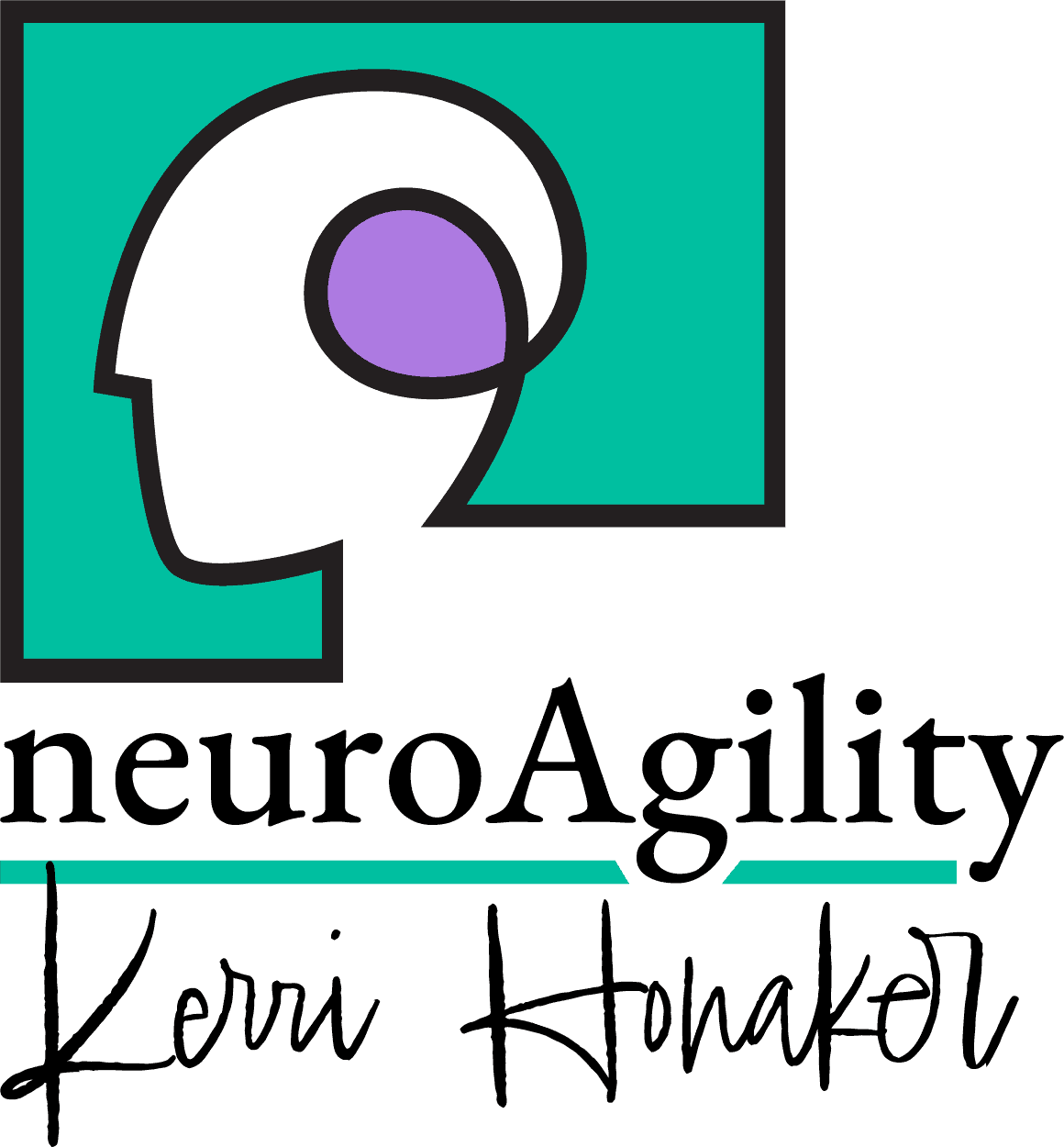Athletic/Performance Enhancement
-
Why Your Morning Routine Isn’t Working, and How to Fix it
Don’t go from zero to 60 with your mornings; slowly change your habits over time. Start the day right with a morning routine that feeds your mind. You want to be realistic about how much you can fit into your morning and then come up with a few impactful activities. Full Article: lifehaker, “Why Your…
-
What If Teens Are Being Too Rational?
Researchers are wondering about the presumptions we make about rational/good and irrational/bad when it comes to decision-making. Full article: NPR: The Problem With Teens is That They’re Just Too Rational
-
Competitive Environment Complicates Decisions About Head Injuries
Injuries sustained by several players in high profile cases have troubled concussion activists. They say that despite clear progress in the recognition and treatment of head injuries in soccer, it is often up to the injured athlete or that athlete’s coach to determine when an injury requires removal from play. Mandatory stoppages and temporary substitutions…
-
Letting Kids Move in Class
How teachers incorporate movement into lessons to make it part of learning, not just a break from it. Full Article: The Washington Post, “Letting kids move in Class isn’t a break from learning. It IS learning.”
-
Bedtime Has Huge Impact on Sport
Our internal body clock has such a dramatic impact on sporting ability that it could alter the chances of Olympic gold, say researchers. Full article: BBC News Health, “Bedtime ‘has huge impact on sport’ “
-
How to Stop Procrastinating
Some dos and don’ts for closing the knowing-doing gap. Full Article: Chopra Centered Lifestyle Newsletter, “How to Stop Procrastinating”
-
Limiting Rest Is Found To Help Young Concussion Patients
·
Researchers had expected to find that more rest would be helpful for young patients with mild concussions. Instead, a pediatric emergency medicine doctor at Children’s Hospital, and his colleagues found that the patients advised to rest for five days reported more physical and emotional symptoms like headache and nausea in first few days, and more…
-
Complexity and the 10,000 Hour Rule
There are no instant experts in cognitively demanding activities. The ten-thousand-hour research reminds us that “the closer psychologists look at the careers of the gifted, the smaller the role innate talent seems to play and the bigger the role preparation seems to play.” Full article: The New Yorker, “Complexity and the Ten-Thousand-Hour Rule”
-
Teaching Mindfulness to Teenagers
This article teaches how to teach mindfulness to teenagers. It would also be good for adults that work or live with teens!
-
Why Being Idle Can Lead to Better Thinking
·
Studies show that people would rather do something—anything—than be alone with their thoughts. But it’s through reflection, daydreaming, and introspection that we make sense of information and experiences and come up with new insight and ideas. Full Article: Lifehacker, “Why Being Idle Can Lead to Better Thinking”
